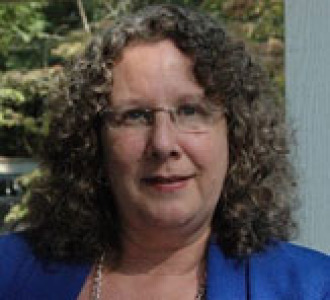WASHINGTON, Oct. 27, 2016 - The Energy Department (DOE) is awarding up to $80 million for a six-year project to design, build and operate a 10-MWe (megawatts electrical) supercritical carbon dioxide (sCO2) test facility in San Antonio, Texas.
The new facility will explore the potential energy efficiency and cost benefits of a new technology, the sCO2 Brayton cycle energy conversion systems, which promises to produce the same amount of energy from less fuel, compared to the commonly used steam and water Rankine cycle systems. Supercritical CO2 is carbon dioxide that is above its critical temperature and pressure so that it is in a fluid state
In addition to decreasing CO2 emissions and operating costs by using less fuel, since sCO2 has a high-fluid density relative to steam, the new sCO2 power plants could be fitted with compact turbomachinery, DOE says, which would also help to reduce capital costs.
Today the average efficiency of the U.S. fleet of steam Rankine cycle power plants is in the lower 30 percent range, DOE says. This new facility has the potential to demonstrate greater than 50 percent cycle efficiency.
If successfully developed, DOE says that supercritical CO2 power cycles could provide significant efficiency gains in geothermal, coal, nuclear and solar thermal power production.
Currently, no commercially-feasible sCO2 facility exists for high temperature and high-efficiency system testing.
“Supercritical CO2 power systems have the potential to improve the efficiency and reduce the size of future power plants significantly. Smaller size and increased efficiency can lead to lower costs and fewer greenhouse gas emissions,” says Franklin Orr, DOE’s under secretary for science and energy. “The selection of this test facility will help to further our nation’s climate goals by bringing us one step closer to deploying this exciting technology on a commercial scale.”
The six-year project will be managed by a team led by the Gas Technology Institute, Southwest Research Institute and General Electric Global Research.
#30
For more news, go to: www.Agri-Pulse.com

